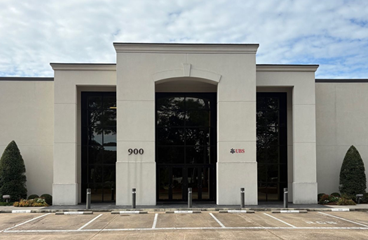900 East St. Mary Blvd. #104
Lafayette, LA 70503

A facelift is arguably one of the most effective cosmetic procedures when it comes to transforming the way that we look and reversing the visible signs of aging. It is our facial skin that tends to be first affected by dryness and thinning that accompanies the natural slowdown in our body’s production of collagen and elastin and this can lead to lines and wrinkles forming. Meanwhile, a loss of volume can also cause hollowed cheeks and sagging, particularly around the jawline. When these issues begin to occur, it can cause us to look older than we really are – something which can be extremely frustrating and even upsetting. Fortunately, there are cosmetic procedures that can reverse these effects and a facelift is one highly successful method for restoring smoother, tighter skin and a younger and more rejuvenated appearance.
Nevertheless, a facelift is a surgical procedure and as with all surgeries, taking steps to prepare is essential if you want to ensure the best possible recovery with minimal complications and the best results from your procedure. Here are our top tips for preparing for a facelift.
Use your consultation to ask questions
If you are undergoing any sort of cosmetic surgery, you will undoubtedly have a range of questions about the procedure. Your consultation is the perfect time to ask these so that you are perfectly informed well ahead of the surgery itself and any food surgeon will be happy to answer any questions that you have. Some of the things that you may wish to ask could include:
- What anesthesia will be used?
- How long will the surgery take?
- Will I need to stay overnight?
- What risks are associated with the procedure?
- Will I be in pain after surgery?
- What can I expect to happen in the hours/days following my surgery?
- How quickly will I be able to see the results?
- How long will I be able to maintain the results of my facelift surgery?
Be sure to ask absolutely anything that you aren’t sure about so that you feel calm and knowledgeable about your procedure.
Stub out those cigarettes
We all know that smoking is bad for our health, and it is almost certainly responsible for some of the damage to the appearance of your face. For example, fine lines around the mouth are particularly common among smokers. However, smoking is also bad news for surgical procedures, and this is because it makes it harder for your body to heal and increases your risk of complications. You will be recommended to quit at least 2-4 weeks before your surgery, although the earlier you can give up the better. You should also avoid smoking for at least 4-6 weeks following your facelift procedure, and entirely if you want to maintain your results for as long as possible.
Don’t wear cosmetics
Although your face will be cleaned ahead of the procedure, it can save time if you arrive for your facelift with a clean face that is free from any cosmetics including moisturizer. This will help to minimize the risk of complications such as post-operative infection.
Schedule time off
Any sort of surgery requires the patient to take time off to recover and a facial is no different. You will need to allow yourself time to rest, which in turn boosts the healing process. Your face will appear bruised and potentially swollen for at least a week or longer, and many people don’t feel ready to return to work and their daily activities until this his abated.
Prepare your home
Comfort is key when it comes to recovering from surgery. By preparing everything that you need at home, such as clean bedding, entertainment next to the bed and more, you can minimize the amount of stress you may feel which could potentially cause complications. Cook and freeze some nutritious meals that you can zap in the microwave, stock up on bottled water which is the healthiest thing that you can drink as part of your recovery and consider keeping books/movies by the bed so that you can easily access them whilst you relax. An extra pillow is a great idea too since it keeps your head propped up and reduces swelling and inflammation of your face.
If you would like more advice on the best way to prepare for a facelift, please contact our cosmetic surgery team today by calling our offices.





